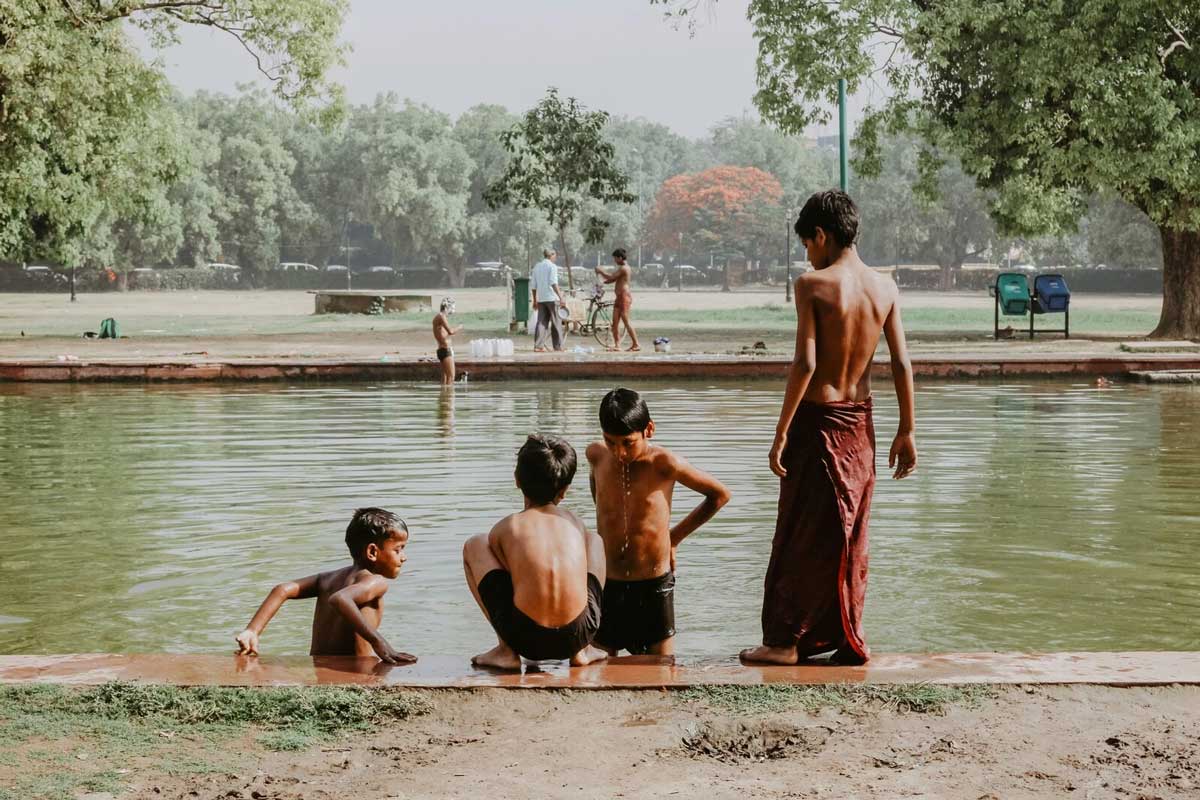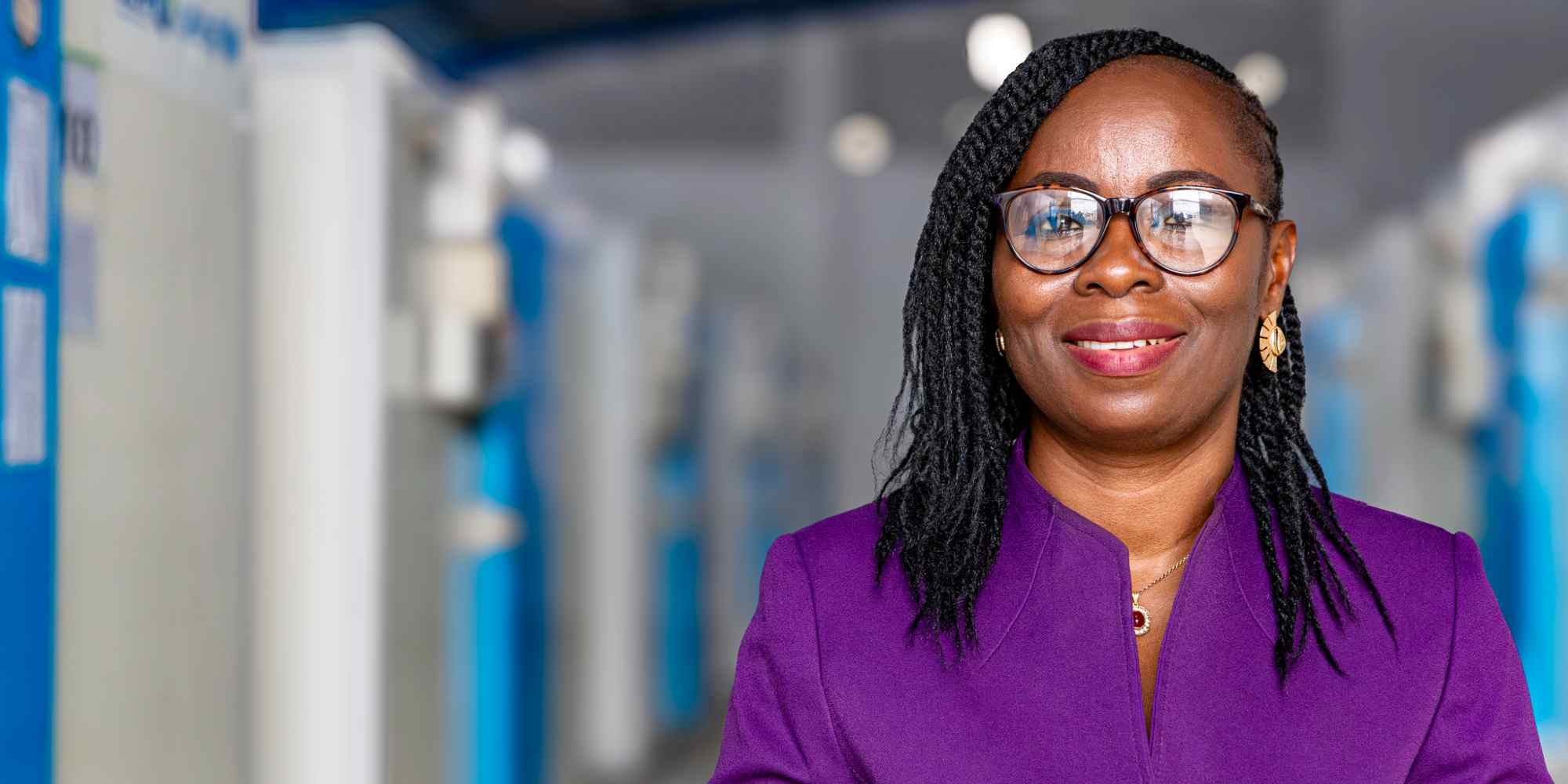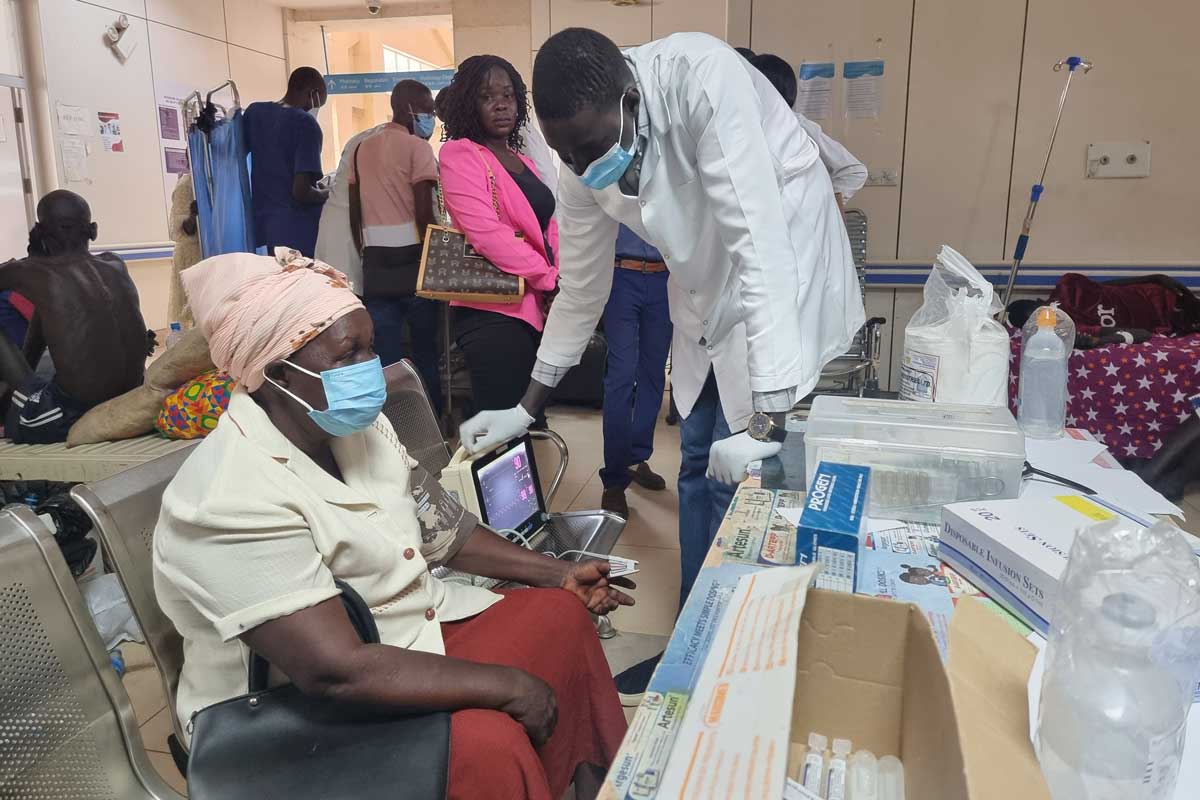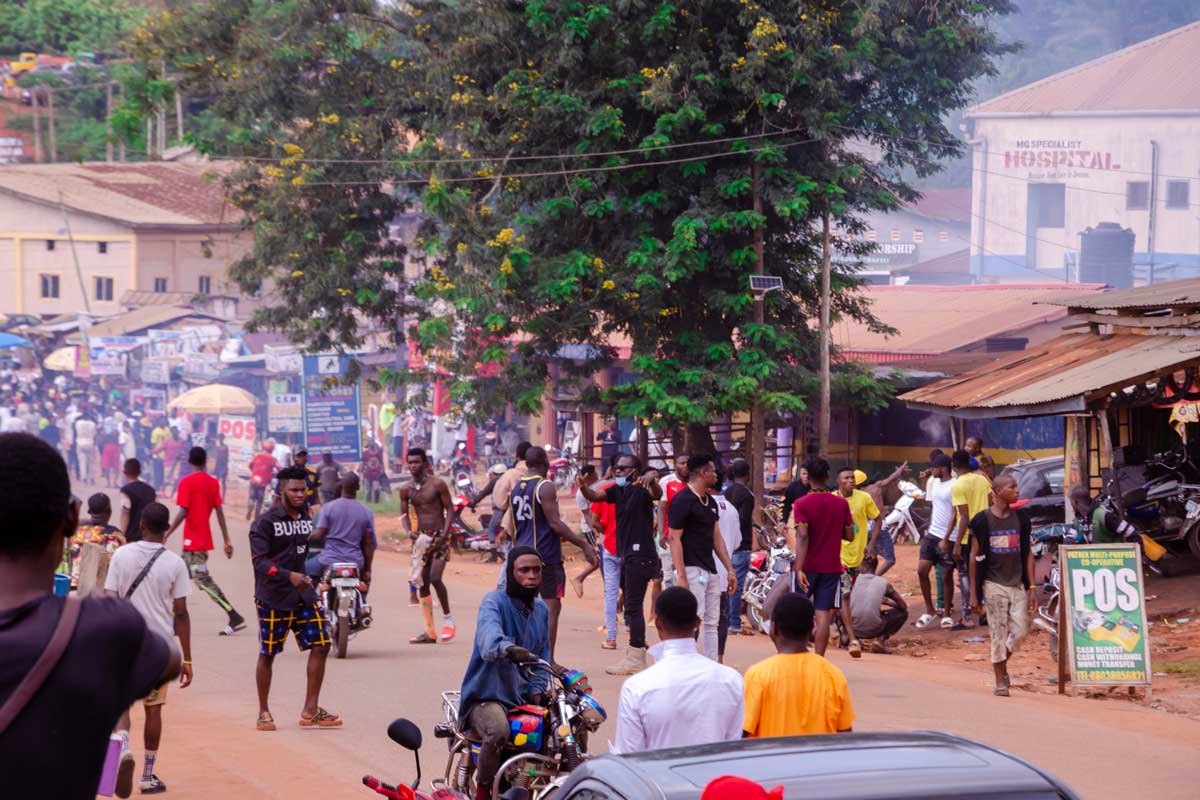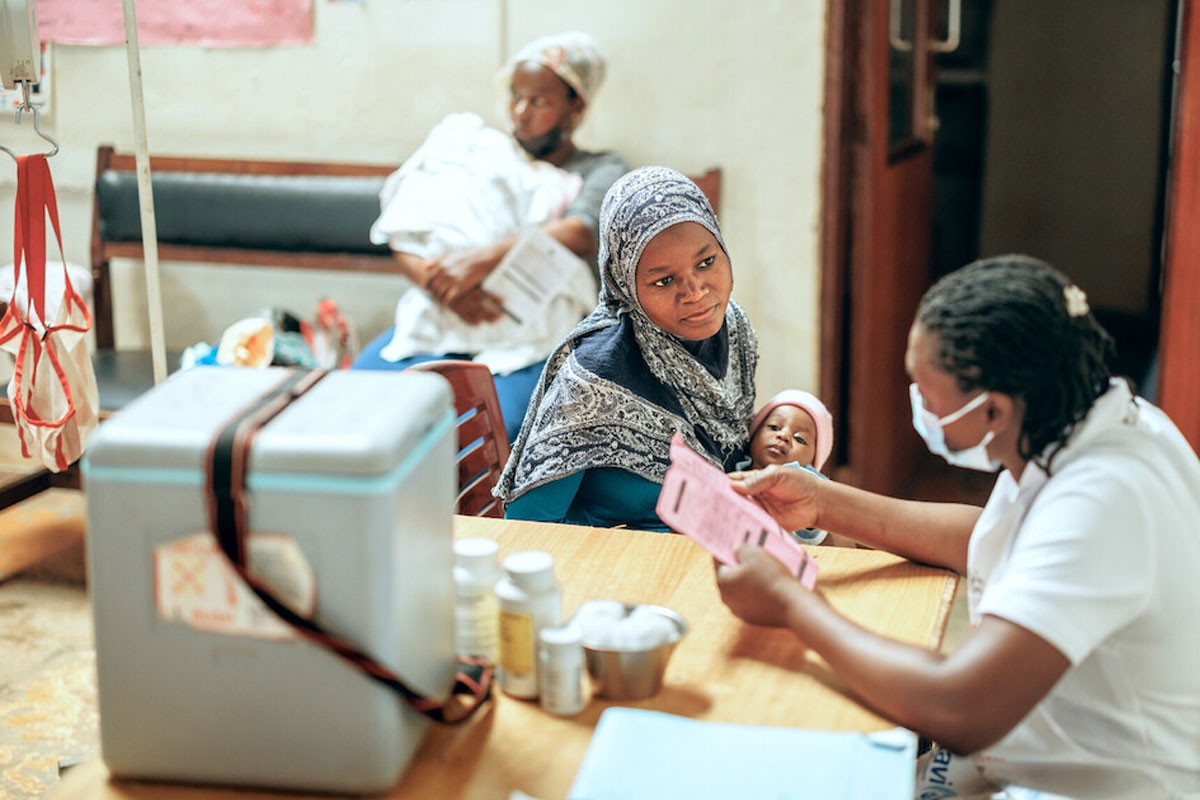Diane Summers, Senior Specialist, Advocacy and Public Policy, Gavi.
Immunisation is often thought about purely in terms of saving children’s lives. But vaccines also have far reaching effects into adulthood, and the Humanpapillomavirus (HPV) vaccine, which protects against a major infectious cause of cervical cancer, is one such intervention.
This week, as some 2,000 global leaders, experts and civil society organisations gathered in Melbourne, Australia to discuss cutting edge cancer control, cervical cancer prevention and women’s health was high on the agenda.

HPV vaccine has been a great success in Australia. Credit: Diane Summers/Gavi.
The Australian inventor of the HPV vaccine Professor Ian Frazer opened the Congress with the message, ‘prevention is best’ and went on to explain the success of the vaccine in his home country since its nationwide introduction in 2007. However, discussion revealed that it is in fact developing countries where cervical cancer impacts women the most, with Frazer going on to compare the importance of eliminating cervical cancer through worldwide routine HPV vaccination with polio eradication.
In low income countries, women are the backbone of the economy, he explained. A woman’s death from cervical cancer not only means families lose a caregiver but also an income provider, spiralling families into poverty and slowing down national economic growth.
Although HPV vaccines are available in over 50 mainly higher-income countries, they have been out of the reach of poorer countries mainly due to the vaccine’s high price. A major step towards equal access to HPV vaccine, regardless of where a child lives, was last year’s negotiation of a record low price of US $4.50 per dose. Country demand for the vaccine is high with more than half of the countries eligible for Gavi support applying for to introduce the vaccine since a Gavifunding window was opened two years ago. Over 20 countries have now been approved for support for national introduction or demonstration projects.

The burden of cervical cancer deaths worldwide. Source: Gavi.
In Melbourne, the Gavi-negotiated HPV vaccine price of US $4.50 per dose was also lauded by The Cancer Atlas – a publication launched at the event by UN partners against cancer – WHO, IARC, American Cancer Society and UICC. At this price, vaccination of girls is considered “very cost-effective”.
Ambassador Sally Cowal, Vice-President of the American Cancer Society, also praised Gavi’s hepatitis B vaccines, for preventing 3.5 million future deaths, while adding her voice in support of Gavi’s ambition to protect millions of girls from cervical cancer in the world’s poorest countries. The American Cancer Society called on donors to support the future of these vaccines at the Gavi pledging conference in Berlin next month.
Overall, Melbourne’s Cancer Congress was in agreement: few public health investments against cancer provide a greater dividend than HPV vaccination. But it was Helen Evans, Special Representative of the Gavi CEO in Asia Pacific, whose words cut to the core of all these issues: “No woman should die because of where she lives.”
——————————————————————————————
Update: read the cancer leaders’ call to fund Gavi, the Vaccine Alliance here.

